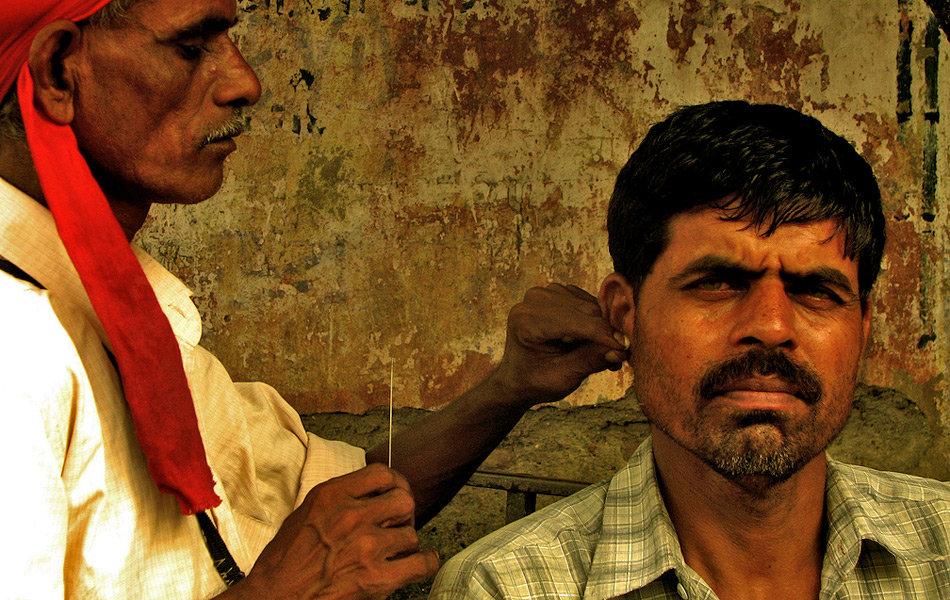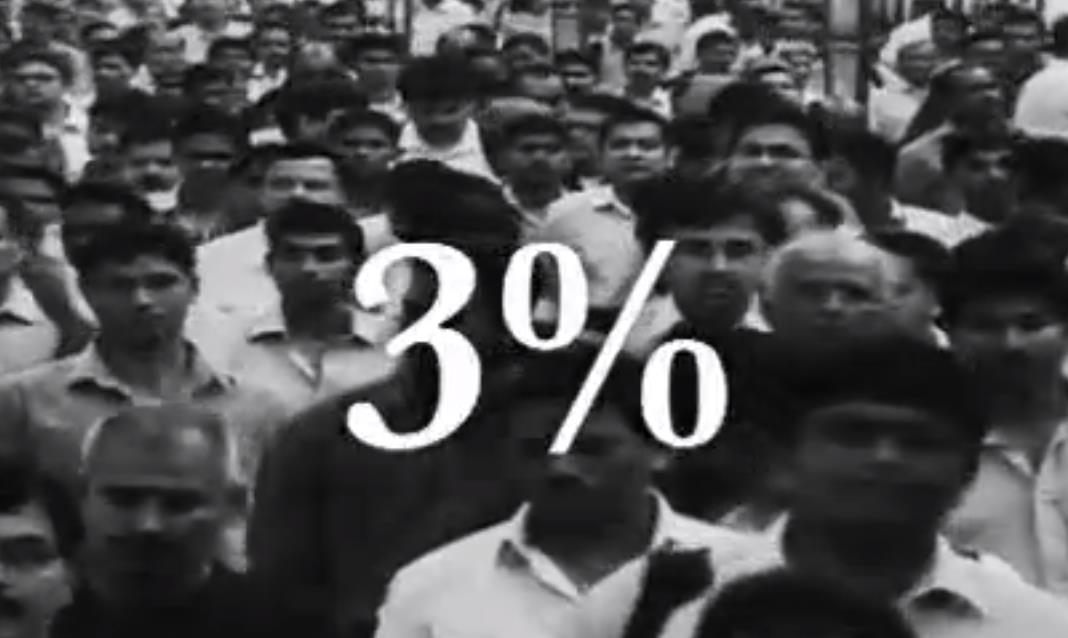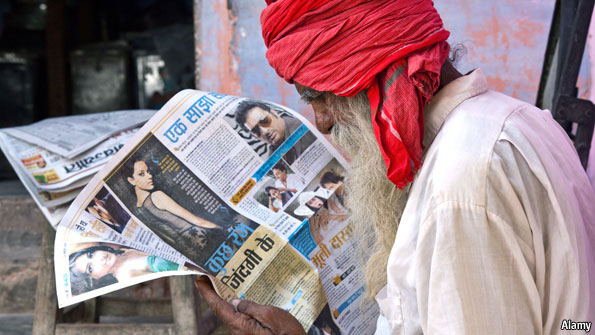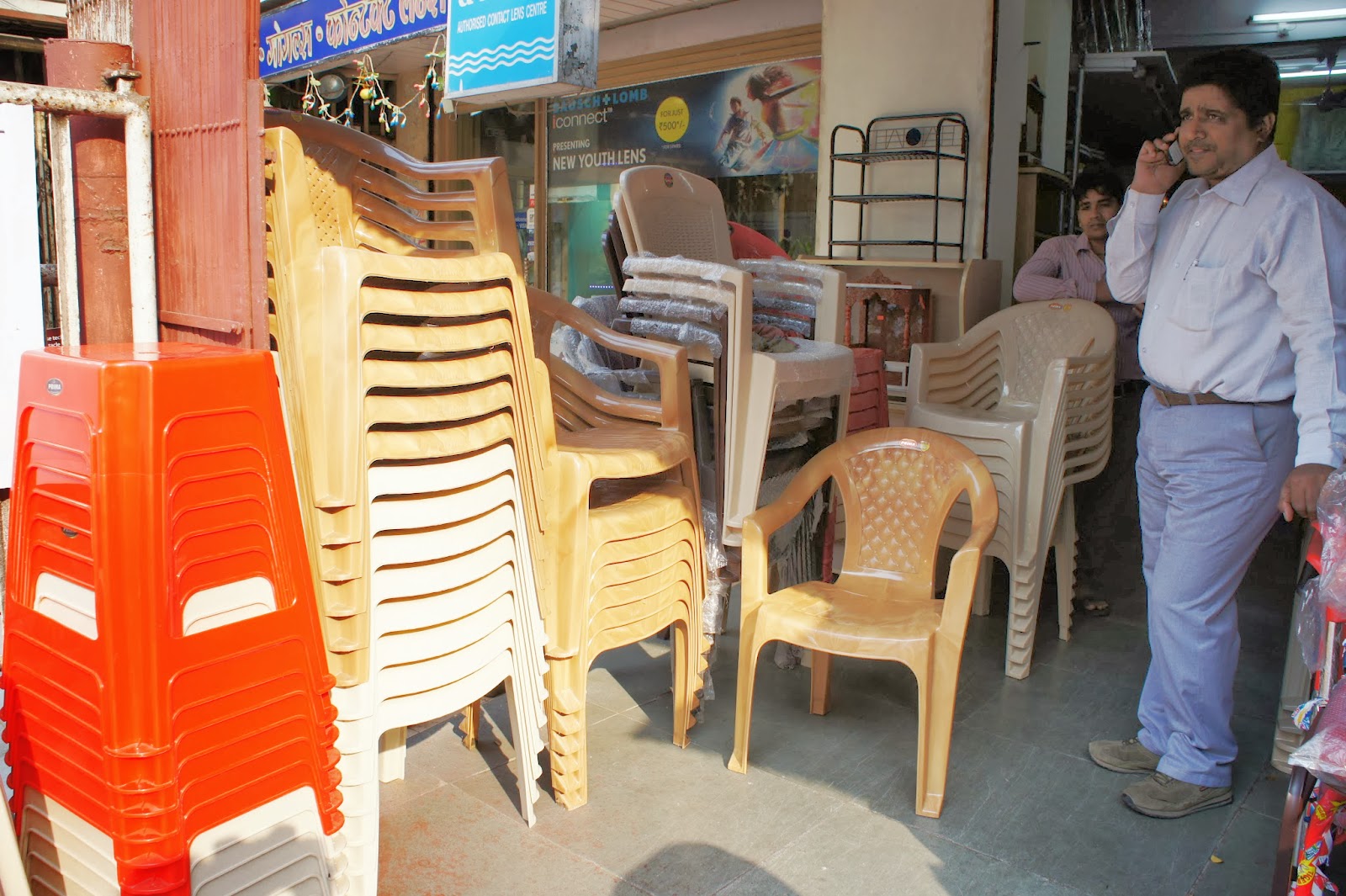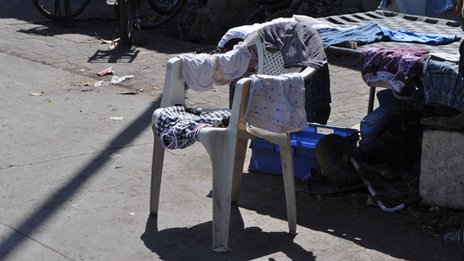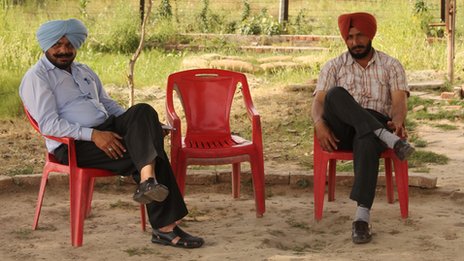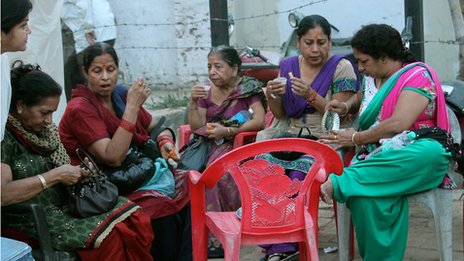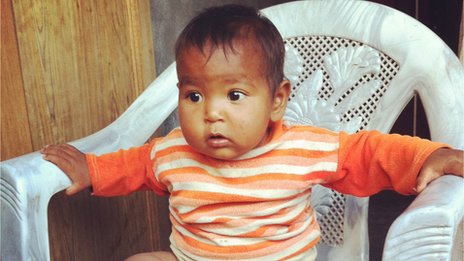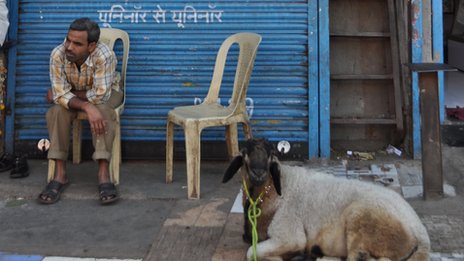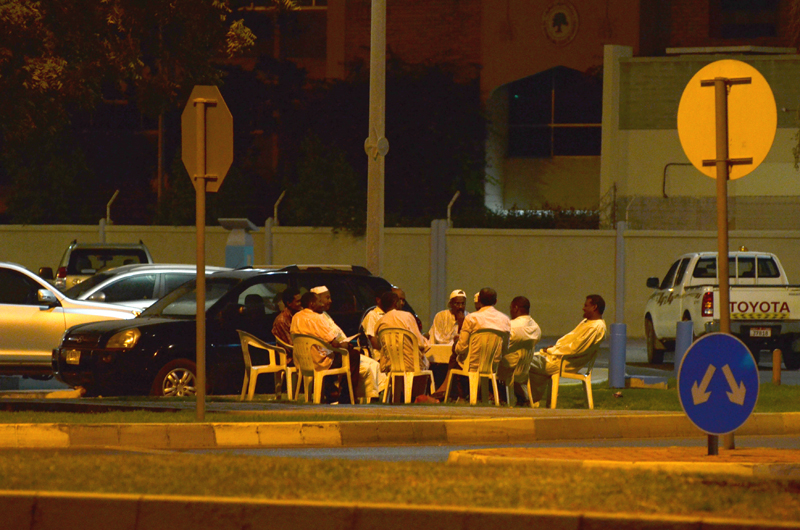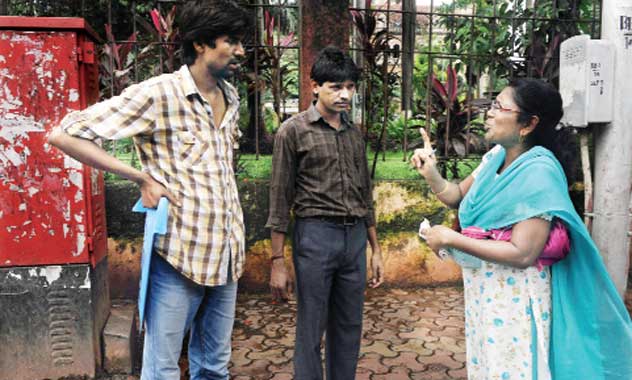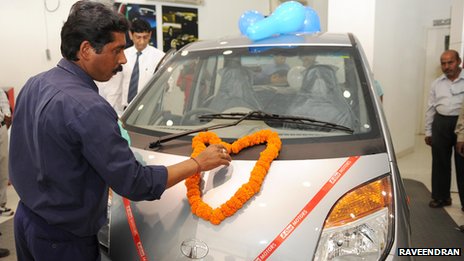[PHOTOS] Seven Very Common Things You Might Not Know About India
For many people writing about India, the common cliches of Delhi belly, lengthy traffic jams of Bombay, bureaucracy, corruption, laid-back lifestyle of Calcutta and yoga retreats are the subjects that fill the column inches. Here are few other observations courtesy Rajini Vaidyanathan of BBC.
Anyone who has been to India, will be well acquainted with the street-side economy which is a dominant part of life in India. The inventiveness and resourcefulness of people in India is like no other, writes Rajini Vaidyanathan of BBC.
There are people who will sell or serve you in all kinds of ways. Broken an umbrella? There's a man who'll fix it. Need your shoes re-heeled? There's a man who will come to your house to do it. How about a haircut from a kerbside cutter? Then there's the serious stuff - the roadside bone setters, who will repair fractures, plus the ear cleaners and the corn and bunion removal men. What's remarkable is how these centuries old traditions are still going strong. Some fear these traditions are under threat, with future generations choosing to pursue an education and a different path rather than follow the family business, and because some authorities are trying to move them off the pavements.
In a population of 1.27 billion, only 3% of Indians pay income tax
One explanation for this is that agriculture is exempt and two-thirds of Indians live in rural areas. A large chunk of the economy is also informal, unorganised labour, for which it's harder to collect taxes. Many argue that some of the country's financial problems would be solved in one fell swoop, if this massive tax hole could be filled.
While Western countries are mourning the demise of the newspaper, India's print industry is in fact booming
A growing literacy rate, relatively low internet use, and the large number of languages in the country, mean more people want to pick up their daily rag. It's also very cheap to buy a newspaper, which is widening newspaper readership among all social classes. Another reason why smaller, community newspapers are also on the rise, is because with a growing economy, more people are taking out classified ads, which helps to fund publications. What's also remarkable is the market in second-hand newspapers and magazines. You can sell your magazines to a man at a roadside stall, who will buy them off you and sell them again - there are people who are more than happy to read a year old copy of the Economist, if it's more affordable than the current issue.
newyorker.comEverywhere you go, you see plastic chairs
The rise of the 'wedding detective'
Rahul Rai runs Veteran Investigations, which has been doing wedding checks for 40 years
Image via BBCRajini Vaidyanathan of BBC writes, "a friend of mine told me that, before his arranged marriage, he had a hunch his prospective in-laws had hired a private detective to check whether he'd had a girlfriend in the past. The answer was that he had, but the snoop (thankfully for my friend) failed to find out, and the wedding went ahead. The growth in companies offering the service is huge, with 15,000 operating. "It's not spying," says one woman who'd used the service to check out a prospective bridegroom for her sister. "He told us he was from a good family, but we needed to ensure he was telling the truth."
Bombay has introduced a "spit inspector" to fine those who share their saliva in public
Many people spit after they've had paan (a mix of betel nut and areca, and sometimes tobacco - which is chewed but not swallowed). This produces a reddish stain which can be seen on the side of many white walls. It's common to see "do not spit" signs in taxis, on the back of rickshaws and on the front of buildings. But there's concern the falling phlegm is responsible for the spread of tuberculosis. There's even an anti-spit campaign in the country.
While home to some of the world's best scientists and engineers, it's a country full of ancient superstitions
Different people observe different things, such as - don't wear new clothes on a Saturday, don't clean the house at night for fear of scaring the Goddess Lakshmi away, it's bad luck to give or accept anything with your left hand. For so many in India - rich and poor - observing these customs is still part of today's society. Brand new cars have a floral garland hanging on the bonnet because it's considered good luck to get your new vehicle blessed before you drive it. Chilli and limes hang in cars or above front doors to ward off evil. A lot of planes don't have a row 13, to avoid any association with the unlucky number.
